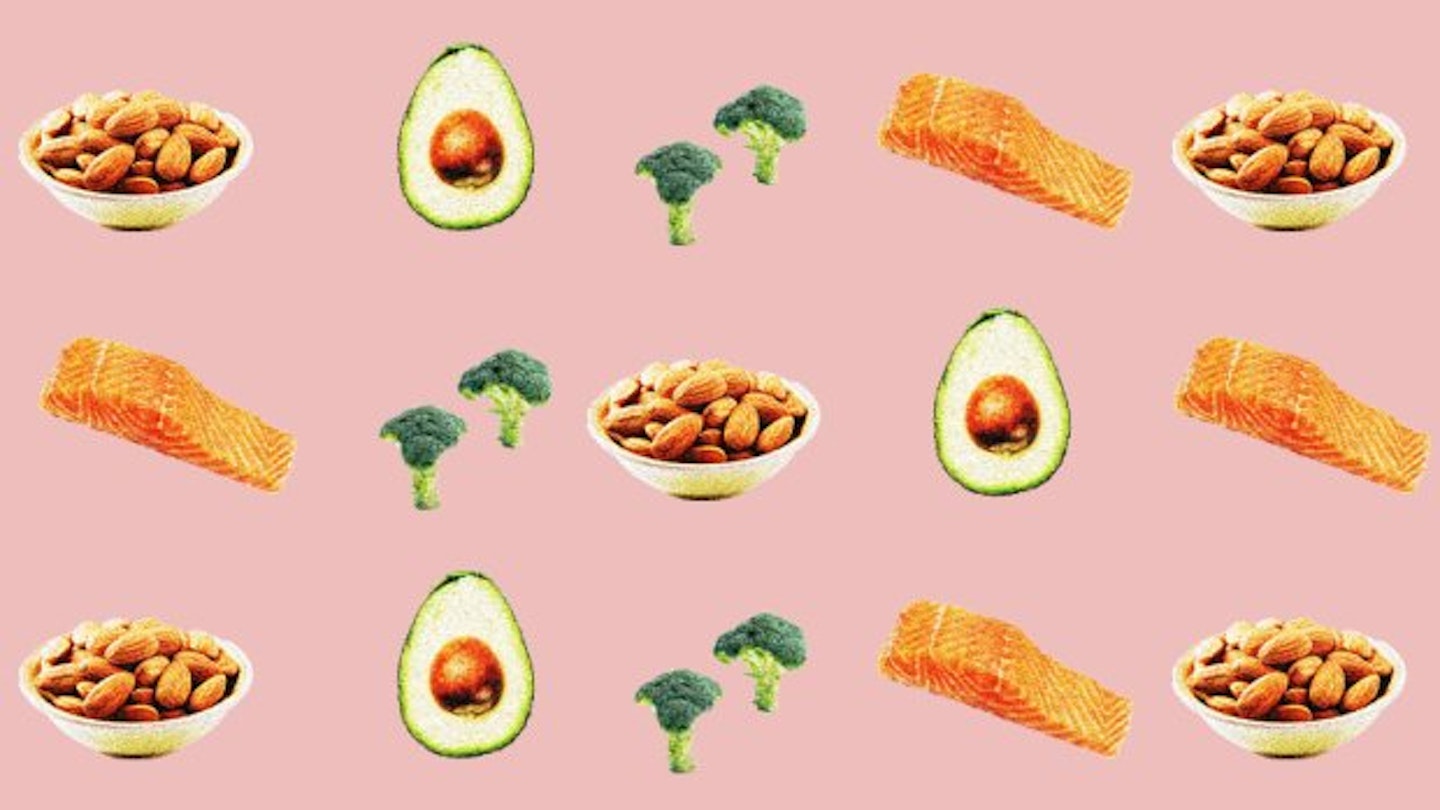We all have that one friend. Her Instagram is full of kale and avocado, she’s impossible to cook for and she’s never up for a hungover McDonalds. She is a devout follower of the ‘clean eating’ movement. And she’s not the only one. If you type #cleaneating into Instagram you will find more than 27 million posts.
‘Clean eating’ claims not to be a diet, although it is a restrictive regime. Gluten, meat, fish, dairy products, processed foods and refined sugars are all off limits. If you follow this, you’ll need willpower and lots of it.
This regime has gained widespread popularity in recent years, as has its pioneer Deliciously Ella. In January 2015 her first cookbook sold over 32,000 copies in the first week alone, making it the fastest-selling debut cookbook of all time. As the leader of a healthy eating phenomenon, Ella herself became a cult figure. A year ago, The Telegraph described her as ‘a seize-eight Venus rising from the waves, with a bottle of green juice in her hand.’ She officially reached goddess status.
But now the tide has started turning against ‘clean eating’. Last May, Vice published an article exposing the hidden dangers of the movement. According to this article, it is being used as an outlet for people with eating disorders. Sufferers may be drawn to this ‘healthy’ programme because it allows and even legitimises their fixation with purging their bodies of unhealthy substances.
Last July, a BBC Three documentary ‘Clean Eating’s Dirty Secrets’ came to the same conclusion. Body-positive vlogger Grace Victory claimed ‘a lot of (clean eating lovers) have orthorexia’, which is an eating disorder characterised by obsessive behaviour in pursuit of a healthy diet.
The criticism of the movement has not ended there. Last week, a BBC documentary Clean Eating – The Dirty Truth aimed to expose the dark underside of this ‘diet craze’. In this documentary, Deliciously Ella claimed she now rejects the ‘clean eating’ label since ‘Clean now implies dirty, and that’s negative.’
The original domestic goddess, Nigella Lawson, shares this opinion and told Vice ‘I despair of the term “clean eating”’ because it ‘necessarily implies that any other form of eating – and consequently the eater of it – is dirty or impure and thus bad.’ Nigella believes this leads to ‘self-shaming’.
With all of this bad press, the future of the movement is uncertain. But perhaps this is for the best. Now we can see those unattainable Instas of green food through new eyes - they aren't quite as perfect as we initially thought. And, by inviting discussion on what it means to be truly healthy, these articles and documentaries emphasise the need to have a balanced diet.
In other words, you definitely don't need to feel guilty every time you have a McFlurry (or four).
Liked this? You might also be interested in:
Why Two Girls Are Fighting Back Against So-Called Wellness Bloggers
Follow Katie on Twitter @KatieRussell_16
This article originally appeared on The Debrief.
